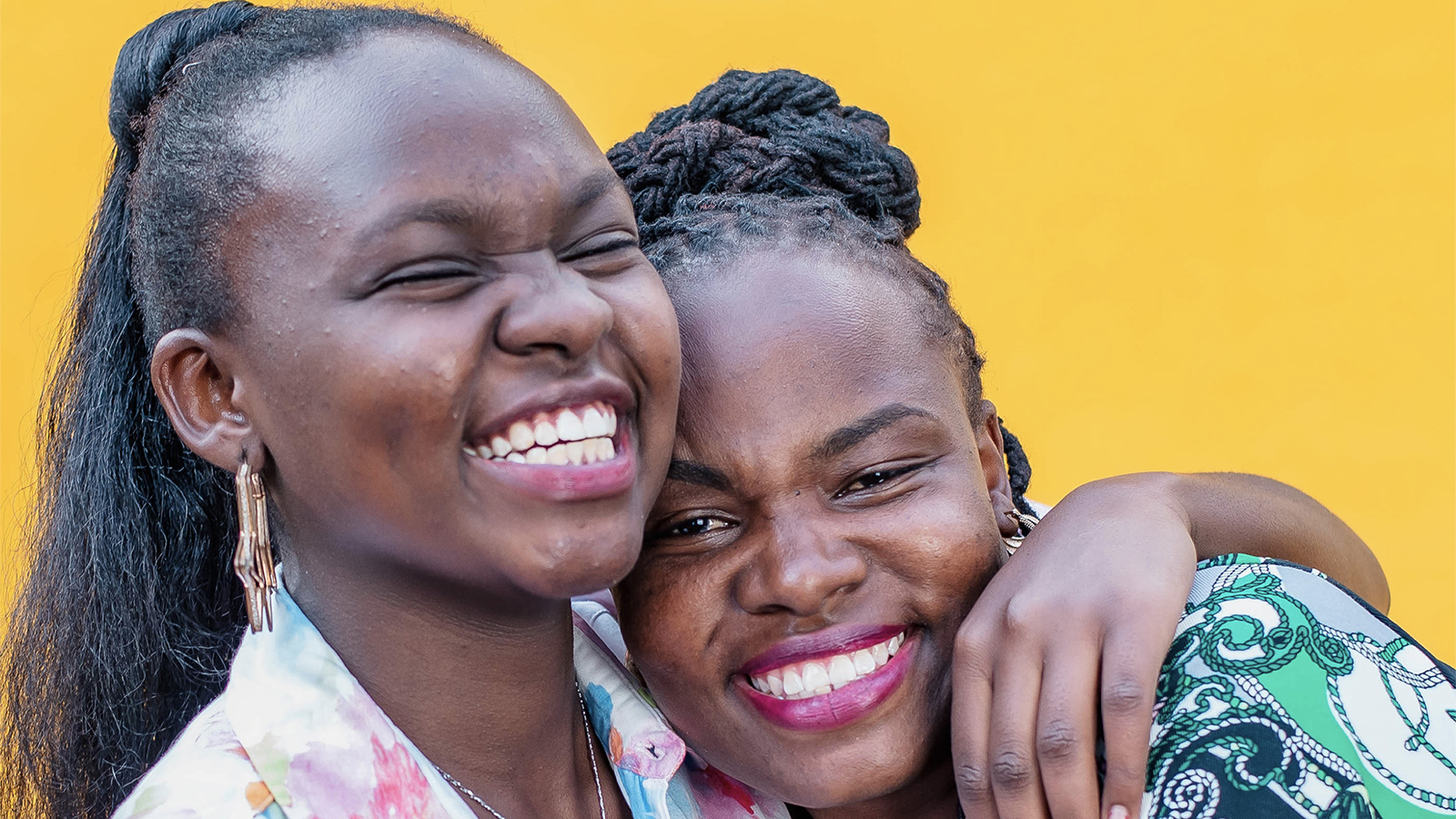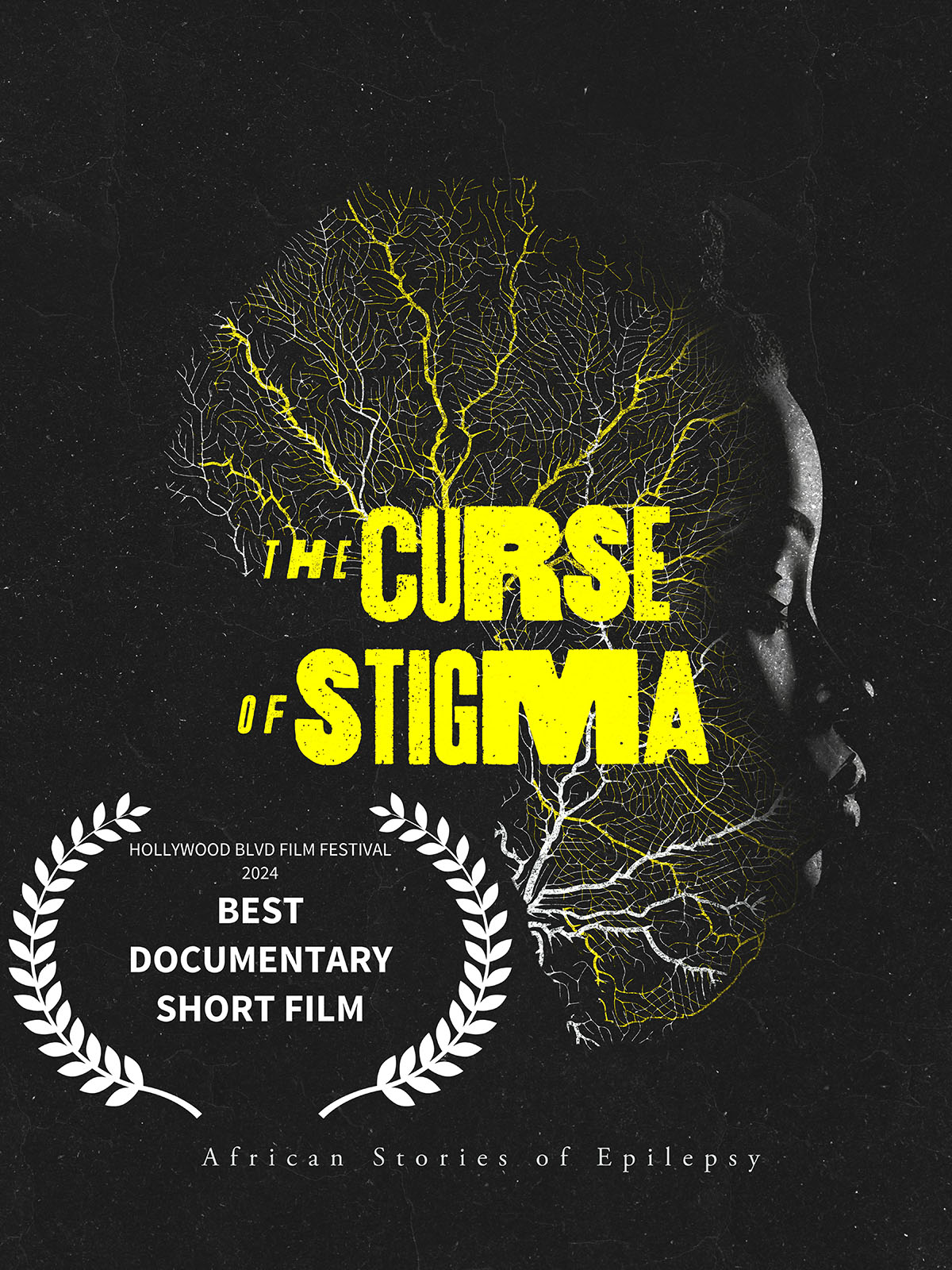Funders Learning Network for Global Epilepsy
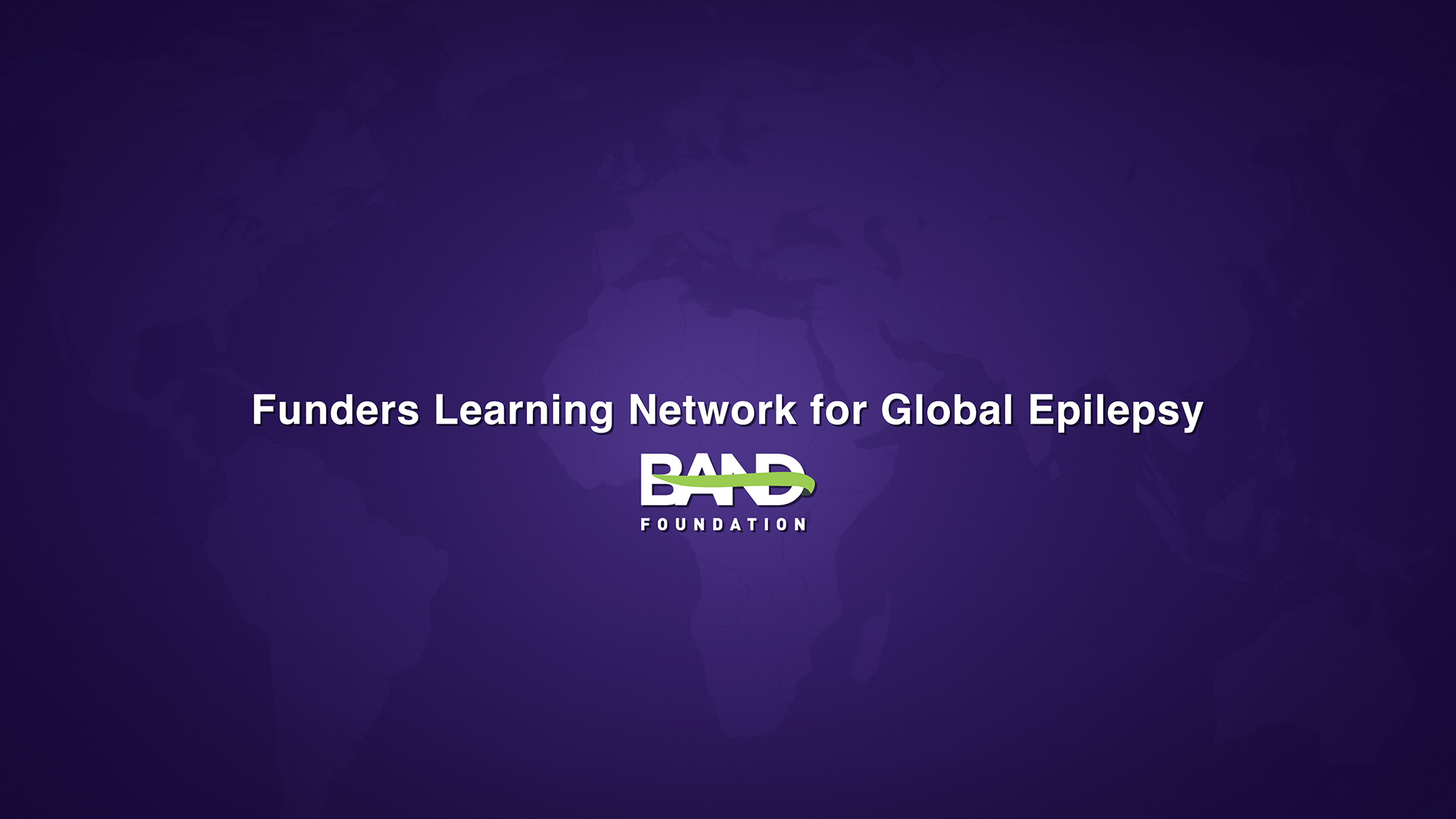
The Funders Learning Network for Global Epilepsy is a two-year pilot initiative launched by the BAND Foundation to spark interest, build connections, and explore solutions for epilepsy care in Africa.
Epilepsy affects more than 50 million people worldwide, with the vast majority living in low-resource settings where treatment gaps exceed 75%. Despite its scale, epilepsy remains a significantly neglected health challenge.
Through this network, we convene donors and their advisors to learn together, share experiences, and identify high-impact opportunities for investment in epilepsy and related neurological conditions.
What We Offer
- Virtual Funder Learning Sessions (3–4/year): Expert-led discussions on the burden of epilepsy, treatment gaps, proven interventions, systems change strategies, and collaborative funding models.
- Quarterly Newsletter: Updates on epilepsy-related developments, funding opportunities, partner highlights, and upcoming events.
- One-on-One Support: Confidential calls to align priorities, identify partners, explore program site visits, and integrate epilepsy into broader health strategies.
There is no required time commitment to join — members can tailor their engagement based on capacity.
Why Join
By joining this Network, you can:
- Deepen your understanding of epilepsy as an urgent but neglected health issue.
- Connect with peers working at the intersection of global health, NCDs, and health systems strengthening.
- Contribute to reducing a neglected but solvable source of global health inequity.
How to Join: You can express interest in joining the network using this form.
Epilepsy in Africa Primer
The BAND Foundation has put together a short primer, Epilepsy in Africa: A Neglected Public Health Issue, to highlight why epilepsy is one of the most urgent yet overlooked health challenges on the continent.
The document outlines the scale of the treatment gap, the human and economic costs of inaction, and the exceptional return on investment that targeted funding can deliver. It also makes the case for why now is the moment for philanthropy and global health actors to act.
Amref Health Selected to Lead Enhancing Epilepsy Care in Africa Project
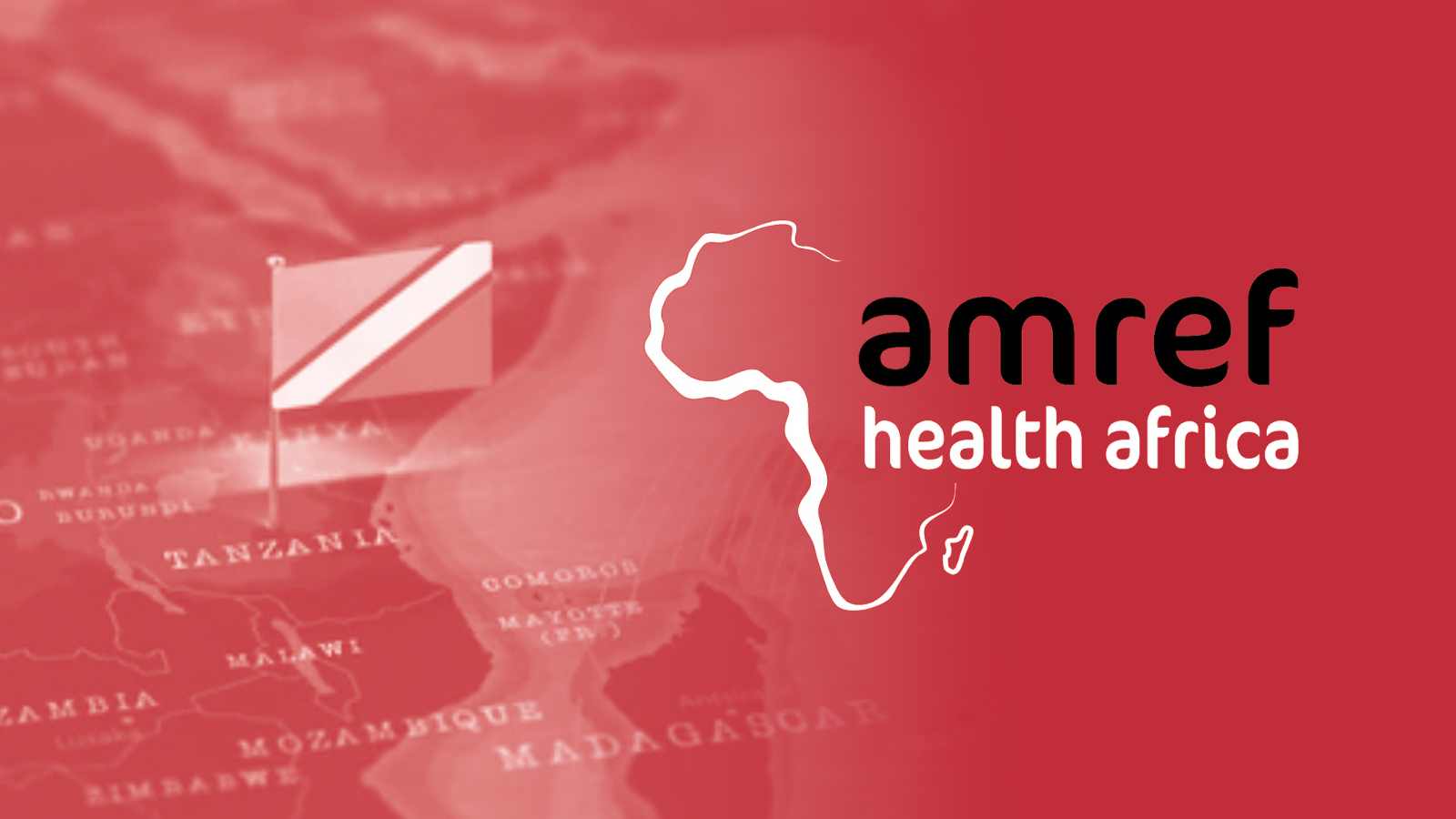
The BAND Foundation, supported by the UCB Innovation for Health Equity Fund, is delighted to announce the selection of Amref Health Africa Inc. as the recipient of a $500,000 grant to pilot a comprehensive epilepsy care project in Tanzania. This initiative marks an important step toward addressing the epilepsy treatment gap in Africa and advancing the integration of epilepsy care into public health systems.
Epilepsy affects over 50 million people worldwide, with 80% of those affected living in low- and middle-income countries. In Africa, the treatment gap exceeds 75%, leaving millions without access to diagnosis, treatment, or support. The recent launch of the WHO’s Intersectoral Global Action Plan (IGAP) on Epilepsy and Other Neurological Disorders has emphasized the urgent need for scalable, evidence-based models to address this gap.
Funding for this project comes from the BAND Foundation and the UCB Innovation for Health Equity Fund. The BAND Foundation is a private family foundation committed to nature conservation and epilepsy care, with a strong emphasis on supporting cutting-edge research and promoting sustainable solutions in low-resource settings. The UCB Innovation for Health Equity Fund aims to improve the quality of life for people with epilepsy in low- and middle-income countries by enhancing awareness, education, and access to care. Together, these funders aim to catalyze impactful projects that narrow the epilepsy treatment gap and improve the lives of those affected by this condition.
To shape and publicize the grant opportunity, a multi-stakeholder advisory group was assembled to develop a request for proposals, clearly outlining the project needs, desired deliverables, and submission guidelines. This group played a key role in refining the scope of the project, ensuring alignment with IGAP objectives, and reviewing applications to select the most promising initiative.
The RFP received significant interest, with approximately ten proposals submitted from organizations across Africa. After a rigorous evaluation process, drawing on the expertise of the advisory group, Amref Health Africa’s proposal was selected based on its strong alignment with the RFP’s objectives and its demonstrated capacity to deliver impactful results. Key selection criteria included Amref’s proven ability to create evidence-based toolkits for integrating specialized care into public health systems, its strategic focus on a locality without prior epilepsy interventions, and its strong partnerships with ministry officials, local implementers, and other stakeholders. Additionally, Amref’s proposal showcased a rigorous evaluation approach, a solid foundation of prior learnings, and a track record of knowledge-sharing and toolkit development to support scaling efforts.
Amref’s pilot project in Tanzania will focus on reducing the stigma, impact, and burden of epilepsy, while improving the quality of life for individuals with these conditions, their caregivers, and families. The project will be implemented over three years and will involve collaboration with the Tanzania Epilepsy Association, Parents Organization for Children with Epilepsy in Tanzania, and the National Institute for Medical Research. By leveraging existing community health structures, the initiative aims to raise awareness, reduce stigma, and provide equitable access to diagnosis, treatment, and support services within a primary healthcare framework. The project’s holistic and sustainable approach to epilepsy care will serve as a scalable model for replication across other regions.
The Curse of Stigma
The BAND Foundation and Whitten-Newman Foundation jointly produced this award winning film to raise awareness of the challenges of living with epilepsy in Africa. The film has been accepted into more than 20 film festivals and has been screened at various high profile meetings and events. The film seeks to fuel a campaign to fund anti-stigma work in Africa.
For more information visit: thecurseofstigma.org
Bat Conservation International’s Agave Restoration Initiative Featured in New Article

Agaves blooming in Estanque de Norias, Mexico. KRISTEN LEAR / BAT CONSERVATION INTERNATIONAL
An in-depth article published today by Yale e360 chronicles the ambitious and urgent effort to safeguard the interdependent relationship between northern Mexican communities, the agave plant and the endangered Mexican long-nosed bat.
Agaves are fundamental to community livelihoods and cultural identity across northern Mexico. They are also a critical food source for the bats, which feast on the nectar of these plants when they flower. In turn, the bats play an essential role in sustaining agave populations by distributing pollen from one plant to the next. Overgrazing and associated habitat degradation, fueled increasingly by climate change-induced drought, is the leading threat to agave survival.
Bat Conservation International (BCI) is collaborating with local partners on both sides of the U.S./Mexico border to help ensure the future of this ancient mutualism. Guided by cutting-edge science, BCI aims to conserve and restore a “nectar corridor” encompassing the migratory pathway of the long-nosed bat. The effort involves working closely with local ejidos (communal agrarian communities) to improve agricultural practices and rebuild agave populations by collecting and propagating seeds for eventual restoration.
The BAND Foundation provides core, multi-year support to the Agave Restoration Initiative.
Vox Launches Down to Earth: The Biodiversity Crisis Explained

Vox today launched a detailed reporting initiative on biodiversity. Down to Earth: The Biodiversity Crisis Explained will probe the science, politics and economics surrounding the critical threats to natural ecosystems and wild species that are now accelerating at unprecedented pace. It aims to convey to a wide audience what the biodiversity crisis is, why it matters and how we can begin to think and act in ways that match the magnitude of effort required to address it.
Down to Earth is the latest in a series of BAND Foundation-supported initiatives seeking to elevate the profile of biodiversity loss as an issue requiring urgent public attention, effective policy responses and increased funding. BAND also provides grants currently to The Guardian, bioGraphic, Mongabay, and the Food & Environment Reporting Network. A common thread is to underscore not just the key threats to biodiversity – i.e., those posed by climate change, habitat destruction, direct exploitation, invasive species, disease, etc. – but also the solutions that can help turn the tide and the remarkable people dedicated to bringing them about.
Advocate’s Toolkit for Making Epilepsy A Priority in Africa Released
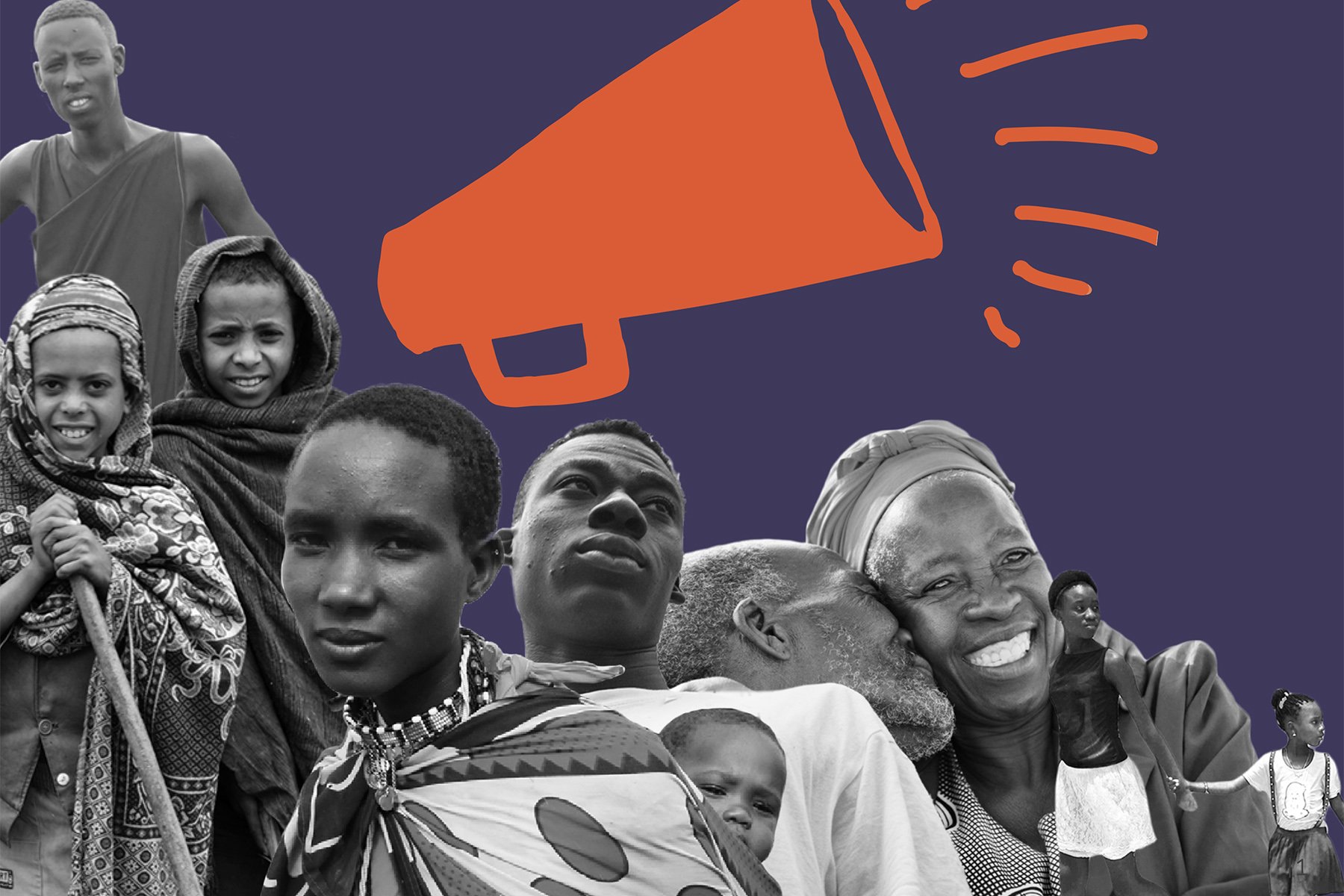
Epilepsy presents an urgent global public health challenge, especially so in Africa. On a continent where more than 10 million people live with the disease, less than 20% receive effective treatment. However, with medication costing as little as $5/year, two-thirds of Africans with epilepsy could be seizure-free.
The World Health Organization has identified epilepsy as a public health imperative, recently issuing resolutions that call on low-income countries to extend treatment and provide better care. While most African nations have been slow to take up this call, community-based and epilepsy-focused organizations are mobilizing to demand change.
Funded by The BAND Foundation, the Advocate’s Toolkit for Making Epilepsy a Priority in Africa was developed in partnership with the International Bureau for Epilepsy (IBE) and its African affiliates. It offers step-by-step guidance on how to develop advocacy plans addressing the key drivers of Africa’s epilepsy crisis – lack of access to medication, limited provider knowledge of epilepsy diagnosis and treatment, community misunderstanding of the disease and its causes, and the deep stigma and discrimination that people with epilepsy experience. The toolkit is practical in its approach and uses case studies, real-life examples and problem-solving strategies to equip advocates with the skills and support to amplify their voices.
“This toolkit is a first-of-its-kind resource to empower advocates with the practical knowledge needed to narrow Africa’s epilepsy treatment gap. Through its wide dissemination and use, we hope it will help people living with epilepsy, community members, health care providers and policymakers take important steps against this devastating disease.”
–Gardiner Lapham, BAND Foundation Board of Directors
“This is the most important work we should be doing, fighting epilepsy stigma at all levels, from the highest office to the very remote village in Africa.”
–Dr. Joyce Banda, former President of Malawi and champion of epilepsy advocacy.
Maasai Landscape Conservation Fund Launches
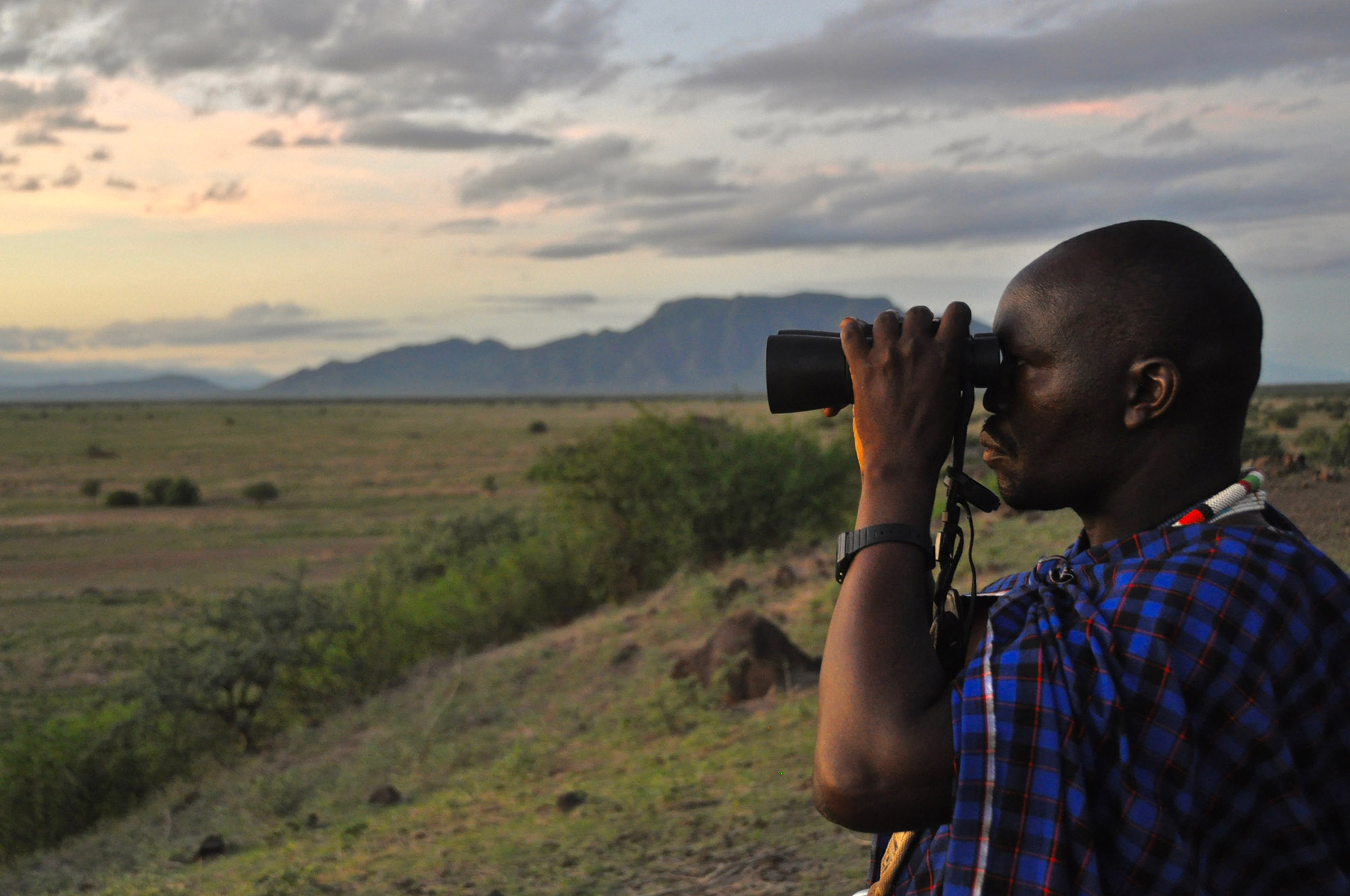
Investing in community-based organizations in southern Kenya and northern Tanzania to achieve lasting, locally-driven results in one of the world’s most iconic conservation landscapes.
Spanning over 10 million acres, the contiguous grassland ecosystems of southern Kenya and northern Tanzania contain some of the largest wildlife concentrations left on earth. Despite the presence of some of Africa’s best known and most important protected areas, such as the Serengeti-Maasai Mara, Mount Kilimanjaro, and Amboseli, most of the land in this region belongs to and is managed by Maasai pastoralists and other local communities, whose land use practices have shaped this area for hundreds of years and will continue to do so in the future.
In the face of growing threats – land conversion to farming, fencing and blockage of wildlife migration routes, human/wildlife conflict and poaching – a major challenge is to align conservation actions with local interests. Strengthening and scaling effective community-based conservation models, led by high-performing local organizations working at the grassroots, is essential.
The Maasai Landscape Conservation Fund (MLCF) is a new collaborative initiative designed to accelerate the impact of community-based conservation in this critical region. The fund provides a mechanism for donors to pool their resources and strategically invest in leading local organizations that are delivering effective conservation solutions. Managed by Maliasili and in collaboration with the BAND Foundation and the Liz Claiborne & Art Ortenberg Foundation (LCAOF), and with additional support from JP Morgan Chase and the Acacia Conservation Fund, the fund will invest at least $3 million over the next three years.
“Community-based solutions are key to the future of conservation efforts in East Africa, and these approaches rely on talented and committed local African conservation leaders,” said Kent Wommack, Executive Director of LCAOF, which has committed $1 million over the next three years to the fund.
“By working together, conservation funders can move greater resources more effectively to outstanding local organizations that deliver results at the community level,” added Nicholas Lapham, President of the BAND Foundation, which has also made a $1 million three-year commitment the fund’s establishment.
The initiative has recently made its initial grants to the Southern Rift Landowners Association (SORALO) and Honeyguide, to strengthen their efforts to secure community land rights, sustain open landscapes, and build the capabilities of community management bodies in line with their organizational missions and strategies.
The Importance of Conserving Bats During the Pandemic
Bats have been much in the news of late because they harbor a range of viruses similar in type to the one now ravaging human populations. In this important video, Dr. Winifred Frick, Chief Scientist for Bat Conservation International (BCI), discusses the links between bats and disease, explains why bats are not at fault in the current crisis and underscores the importance of conserving wild bat populations.
The BAND Foundation has supported bat conservation and BCI for many years. We have funded efforts to better understand and halt the spread of a deadly fungal pathogen that has decimated U.S. bat populations and most recently have provided a grant to help conserve one of the world’s rarest bats, the Mexican long-nosed, through a partnership aimed at restoring agaves – the bats’ primary food source and a hugely important plant culturally and economically to local communities throughout central and northern Mexico.
Bats play a critical and beneficial role globally, particularly in regards to agriculture. Insectivorous species eat enormous quantities of insect pests, thereby limiting crop damage and reducing the need for costly and environmentally damaging pesticides. They are also essential as pollinators and seed dispersers, especially in the tropics. Beyond the direct benefits they provide, bats are an exquisite and diverse family of animals with over 1,300 species that have evolved over tens of millions of years to fill a wide range of ecological niches.
Mongabay Launches Podcast Series on Salamander Decline
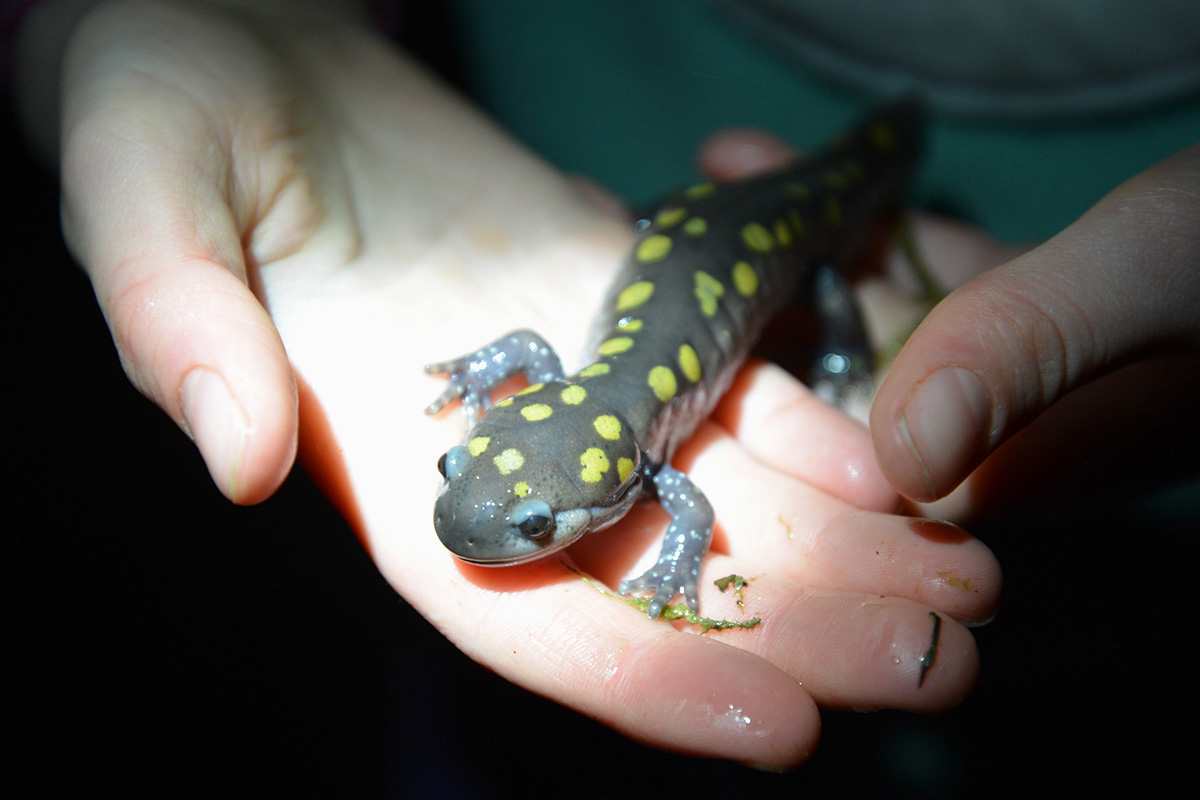
Mongabay, the environmental news service, has launched an in-depth podcast series on salamander decline based on a reporting series funded by the BAND Foundation.
This series, which will run for the next several months, will focus on a deadly pathogen, known commonly as Bsal, which has devastated salamander populations in Europe and threatens to do the same here in the United States. The show is hosted by Mike DiGirolamo, a journalist and actor living in Tennessee.
The U.S. is the global epicenter of salamander diversity. One of the most abundant creatures in America’s forests – especially along the Appalachian spine – salamanders are essential to the food chain and to overall forest health. They come in a wonder of sizes, shapes and colors and are a defining, if little noticed, feature of our native landscapes.
In addition to funding Mongabay’s reporting, BAND has supported critical research on Bsal to try to better understand how the pathogen spreads and what steps can be taken to prevent its introduction to the U.S. and respond rapidly should those steps fail.
Acting Globally To Fight Epilepsy: An Interview with BAND Foundation Trustee Gardiner Lapham
Epilepsy is a complex disease with significant and underappreciated global health impacts. The epilepsy challenge is especially acute in Africa where lack of access to routine treatment and cultural stigmas are systemic problems. The BAND Foundation is working to tackle epilepsy in Africa through a series of grants aimed at raising awareness and demonstrating solutions. In this episode of Seizing Life – a weekly podcast produced by Citizens United for Research in Epilepsy (CURE) – BAND Foundation trustee and former CURE Board Chair Gardiner Lapham discusses BAND’s efforts.

